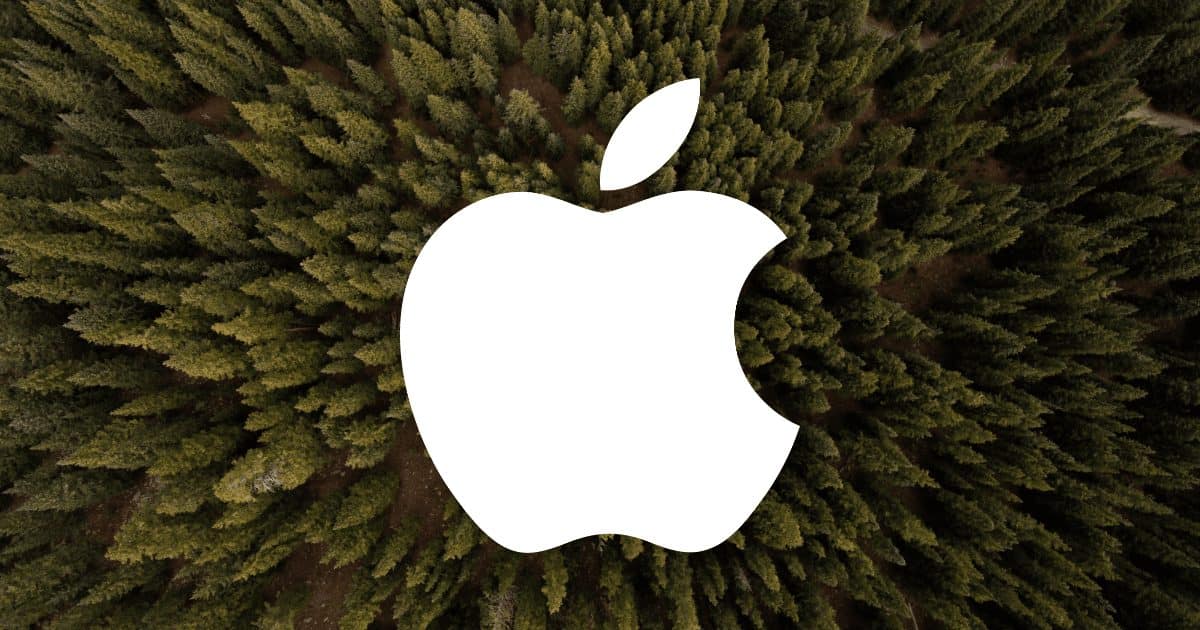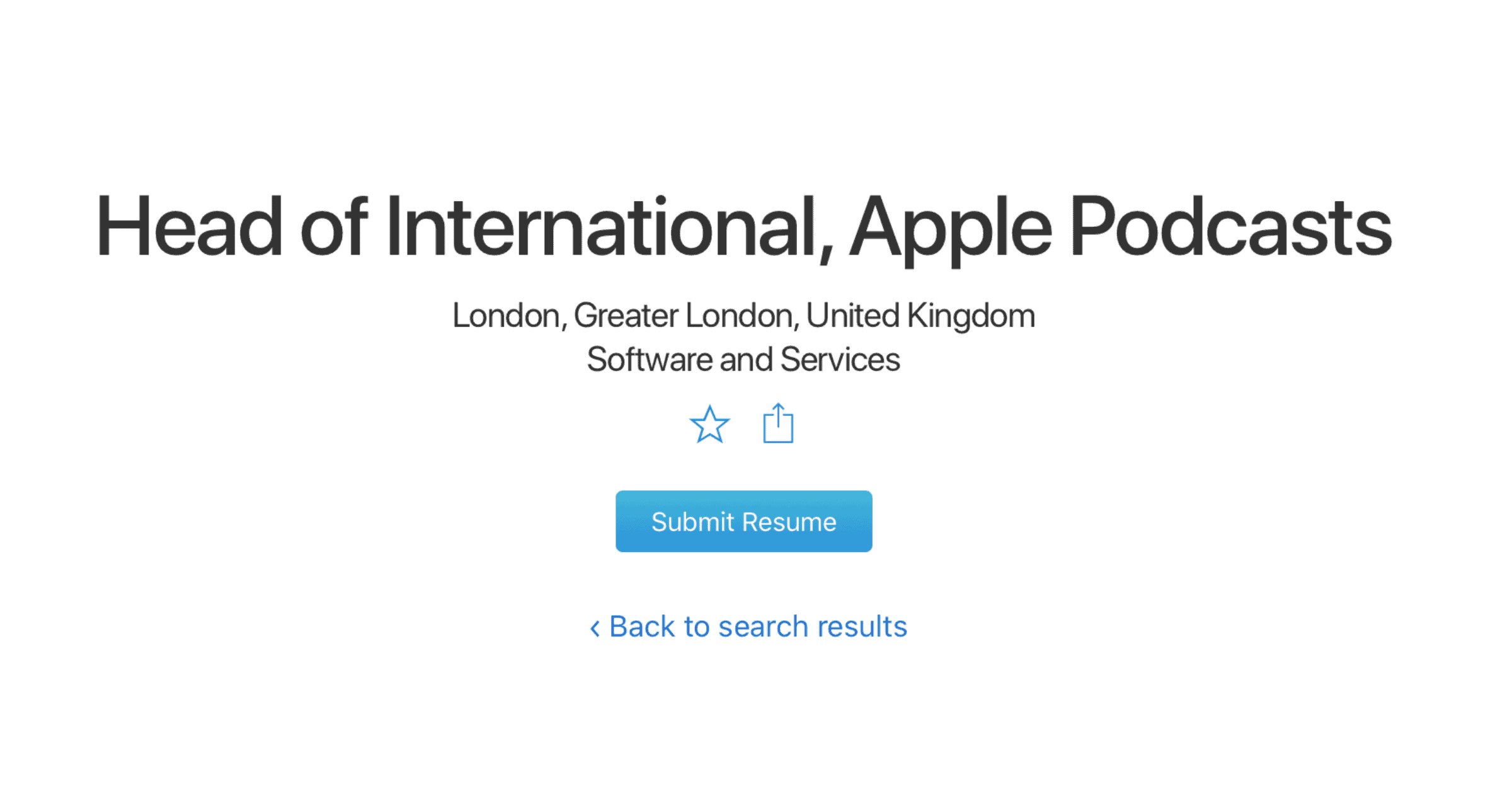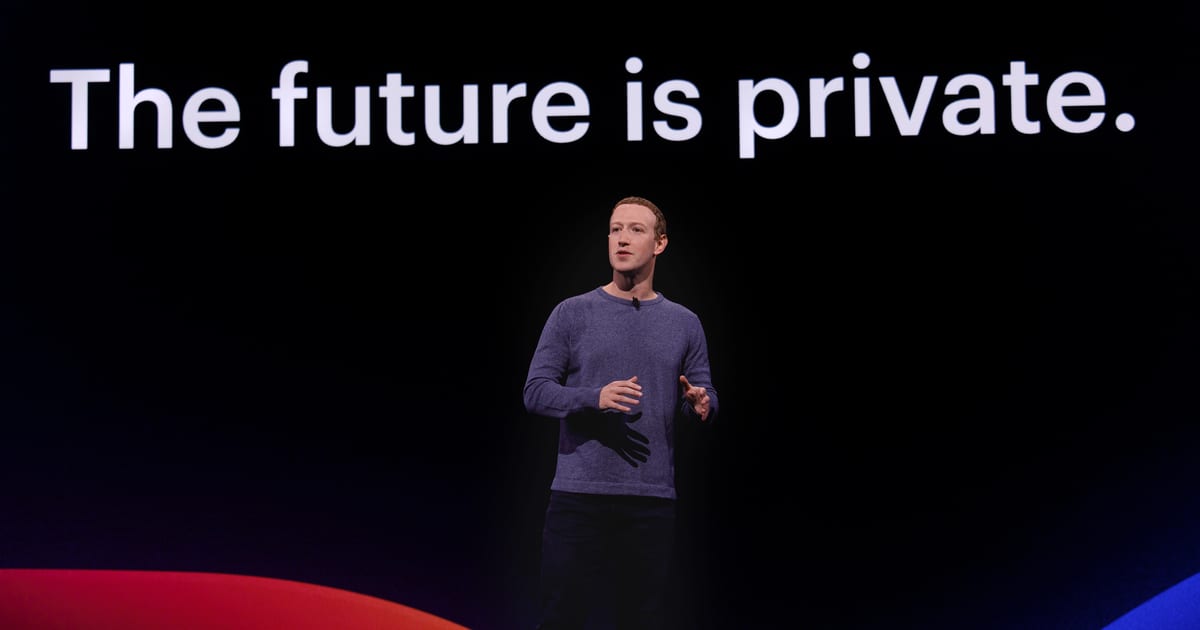Digital rights activist organization Fight for the Future has once again hit out at Apple following Wednesday’s Senate antitrust hearing.
Apple
Spotify, Match, Tile Exec to Appear as Witnesses at Apple, Google Antitrust Hearing
Executives from Spotify, Match, and Tile will appear as witnesses at Wednesday’s Senate antitrust hearing into Apple and Google, Bloomberg News reported. All the firms have clashed with Apple in the past.
Google Senior Director of Government Affairs and Public Policy Wilson White will be the search giant’s representative, joining Apple Chief Compliance Officer Kyle Andeer in the spotlight. The Senate Judiciary Committee’s Subcommittee on Competition Policy, Antitrust and Consumer Rights, which is holding the hearing, also plans to call Horacio Gutierrez, Kirsten Daru, and Jared Sine, top legal executives from Spotify, Tile and Match Group, respectively. Mark Cooper, director of research for the Consumer Federation of America, will also be called. Spotify, Tile and Match have all been embroiled in antitrust fights with Apple recently, with Spotify and Match filing complaints about Apple’s App Store rules and fees. Tile believes Apple’s Find My app will give the company’s rumored AirTags accessory for finding physical objects a leg up over third-party rivals.
Apple Music and Spotify's Payments to Artists – TMO Daily Observations 2021-04-19
Charlotte Henry joins guest-host Bryan Chaffin to break down how Apple Music and Spotify pay artists and labels, and what that might mean to the music industry as a whole.
Apple Releases 2021 Environmental Progress Report
Apple has published the latest version of its annual environmental progress report. There is an easy-to-navigate webpage and a longer PDF.
Apple Launches $200 Million Carbon Removal Project
On Thursday Apple announced the Restore Fund, a project that will make investments in forestry projects to remove carbon from the atmosphere.
Apple Retail Chief Diogo Rau Leaves Company After 10 Years
Diogo Rau has recently joined medical company Lilly. He was top executive of information technology for retail and online stores at Apple.
Tim Cook and Kara Swisher – TMO Daily Observations 2021-04-05
Charlotte Henry joins host Kelly Guimont to discuss Tim Cook’s appearance on Kara Swisher’s podcast Sway, and what we learned about Tim and Apple.
Apple Partners With University of South Carolina on Products
Governor Henry McMaster has awarded US$6 million so the University of South Carolina and Benedict College can create eight Apple computer labs.
Apple is Building a Battery Farm Capable of Storing 240MW Hours of Energy
Apple shared some environmental news on Wednesday, including an energy storage project capable of storing 240 megawatt-hours of energy.
Check Out Throwboy’s Cute Apple Clothes Collection
Throwboy is usually known for its pillows and blankets, but Juli Clover writes it’s launching a line of Apple-themed shirts.
There’s a rainbow design that lists Apple’s most important products like the Macintosh, iMac, iPod, and iPhone, along with a “1984” design that harkens back to the classic Apple ad and a “Think Different (Again)” t-shirt. Each shirt is priced at $32.99 and can be purchased from the Throwboy website.
Apple Faces Case Alleging Discrimination Against South Asian Engineer
Apple is facing a discrimination lawsuit brought by an Indian female engineer. She alleges that her two managers, one of whom was from India, the other from Pakistan, discriminated against her, Bloomberg News reported. It comes at a time of increasing focus on how Silicon Valley firms treat South Asian employees.
The woman’s case in California state court is the latest to allege workplace bias in Silicon Valley that focuses on cultural prejudices of some tech workers from South Asia. Cisco Systems Inc. is fighting a suit brought by California’s civil rights agency alleging bias against a member of India’s so-called lower castes, known as Dalits. Anita Nariani Schulze is part of the Sindhi minority — she is Hindu, with ancestry in the Sindh region of what is now Pakistan. Her complaint alleges that her senior and direct managers, both male, consistently excluded her from meetings while inviting her male counterparts, criticized her, micromanaged her work, and deprived her of bonuses, despite positive performance evaluations and significant team contributions. Schulze claims the managers’ animus reflects sexism, racism, religious bias and discrimination on the basis of national origin. The Sindhi Hindu nationality is “known for its technical acumen” and its gender equality, she says, which “exacerbated the managers’ discriminatory treatment.”
Apple Launches Youth Filmmaking Challenge With Redford Center
The Redford Center announced its second annual Redford Center Stories Challenge, and this year Apple has teamed up.
How Apple is Going Back to The Future With Its Designs
Some of the designs of recent Apple products, particularly, but not exclusively, the iPhone, leave longtime users with a sense of deja vu. Cult of Mac took a good like at how Apple is going Mac back to the future.
Specifically, Apple ditched the curved edges that graced every iPhone since 2014’s iPhone 6, reverting to the squared-off edges of previous devices. That was perfectly OK with me: The iPhone 5 remains probably my favorite iPhone design in history. By borrowing (you can’t exactly steal your own designs) some of that classic phone’s design elements, and then offering some truly up-to-date tech in the form of all-display OLED screens, 5G, and A14 chips, Apple merged old and new in a compelling package. But that’s not the end of Apple’s newfound willingness to reference what worked in the past. Apple’s next MacBook Pro apparently will take a backward leap to move forward. Rumors indicate the laptop will revive the beloved MagSafe charger. And it reportedly will restore ports like HDMI and an SD card reader that disappeared half a decade ago.
Target Announces Apple Shopping Experience for Online, Retail
Retail giant Target announced on Thursday that it plans to add an Apple shopping experience for customers. It debuts first online.
Apple Donates to Non-Profit Encircle to Help LGBTQ
Encircle’s mission is to support young LGBTQ people with community resource centers. Apple, among others, has made donations.
The Latest Episode of Bryan is The Worst – TMO Daily Observations 2021-02-24
Charlotte Henry and Bryan Chaffin join host Kelly Guimont to discuss Apple’s acquisitions, both public and not-so-public.
Apple Posts Adverts for 6G Engineers
Apple has posted adverts for engineers to help it develop 6G wireless, showing the firm’s desire to lead as the wireless technology develops.
Apple Wins a Patent for Displays with Multiple Refresh Rates
The U.S. Patent and Trademark Office has granted Apple a patent for displays with multiple refresh rate modes. It was spotted by Patently Apple.
Apple notes that displays may be operable at a native refresh rate that is equal to the highest refresh rate at which the display has full resolution. When operating at the native refresh rate, each row of pixels may be scanned sequentially. Displays may also be operable in a high refresh rate mode with a high refresh rate. In the high refresh rate mode, the display may operate at a refresh rate that is twice the native refresh rate, three times the native refresh rate, or four times the native refresh rate (as examples). The native refresh rate may be 120 Hz and the high refresh rate may be 240 Hz, as one example. The native refresh rate may be 60 Hz and the high refresh rate may be 120 Hz, 180 Hz, or 240 Hz, as another example.
Apple Creates First Entrepreneur Camp for Black Founders, Developers
On Tuesday Apple announced the launch of its first Entrepreneur Camp for Black founders and developers from 13 app companies.
Apple Looking for Head of International for Podcasts
Apple is looking to expand its Podcasts team and is recruiting a Head of International based in London, according to a job ad.
The World of Apple Leaks and Measuring Apple's Success, with Ken Ray - ACM 543
Bryan Chaffin and Mac OS Ken (Ken Ray) discuss the really weird world of Apple leaks and rumors, including how to navigate them and how they try to cover them as journalists. They also talk about how to measure Apple’s success, or more specifically, how a lot of folks outside the Apple world seem to measure Apple’s success.
Apple and US Manufacturing – TMO Daily Observations 2021-02-11
Bryan Chaffin joins host Kelly Guimont to discuss Apple’s current manufacturing and the possibility of some of it becoming US-based.
Award Nominations, Corporate Sanctioned Shade – TMO Daily Observations 2021-02-04
Charlotte Henry joins host Kelly Guimont to chat Apple’s latest TV+ nominations and what Apple means when they talk about privacy (it’s Facebook).
Apple and Facebook Are on a Collision Course
We’ve reported a lot on The Mac Observer about the growing tensions between Apple and Facebook. Bloomberg News has a good writeup of how things turned sour between the two tech giants, and why this may be just the beginning.
In March 2018, Facebook Inc. was in the midst of a scandal involving political consulting firm Cambridge Analytica and was facing serious questions about its stewardship of its users’ personal data. A commentator on MSNBC asked Apple Inc. Chief Executive Officer Tim Cook what he would do if he were in Facebook CEO Mark Zuckerberg’s shoes. “I wouldn’t be in this situation,” Cook said…. The feud has escalated rapidly over Apple’s forthcoming update to the software that powers its iPhones, which includes a requirement that developers get explicit permission to collect certain data and track users’ activity across apps and websites. Such a move could undermine the efficacy of Facebook’s targeted advertisements. In December, Facebook took out full-page ads in a trio of U.S. newspapers saying it was “standing up to Apple for small businesses everywhere” by opposing the changes, which it describes as an abuse of market power.




















